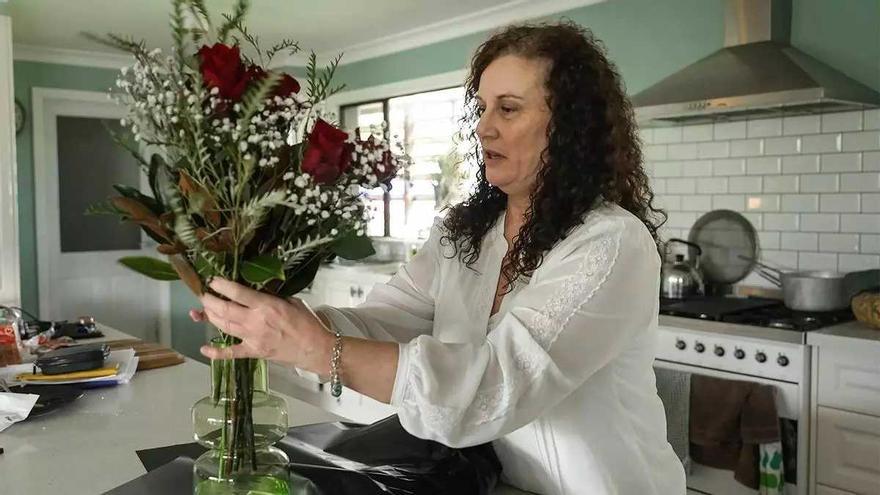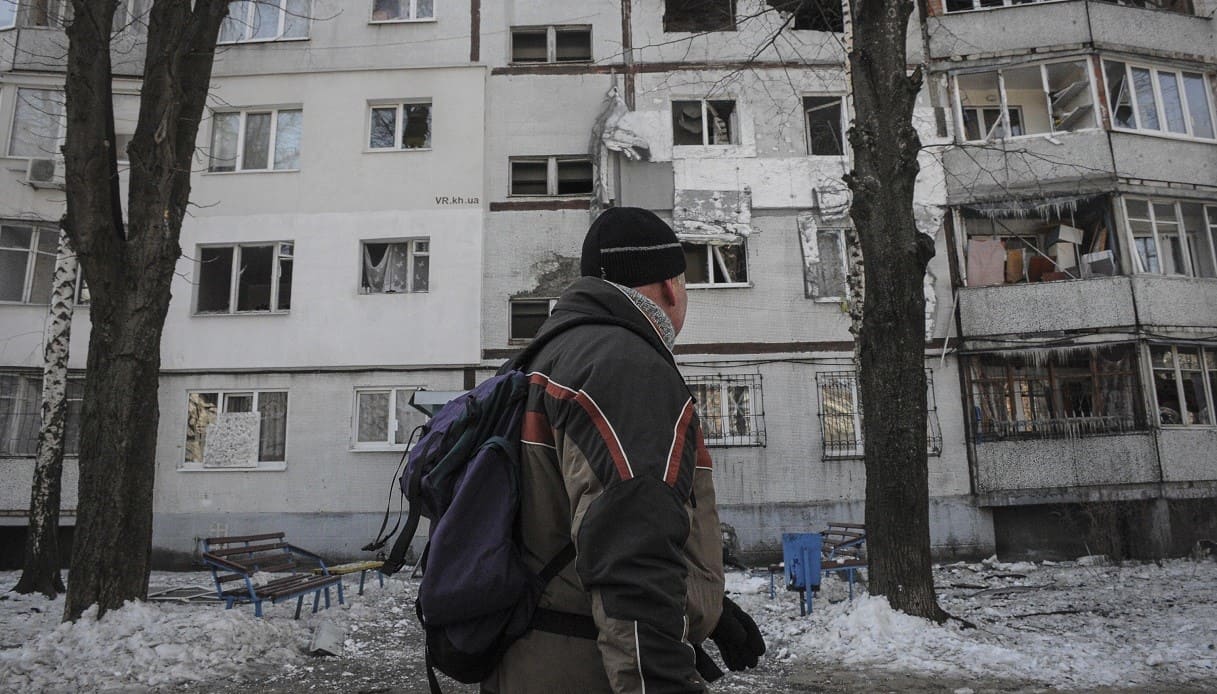Australian Kathleen Folbigg finally breathes absolute peace of mind after an ordeal lasting more than two decades. After the Attorney General of New South Wales, Michael Delay, ordered his pardon and release last June 5, this Australian woman, imprisoned in 2003 for the murder of her four children, this Thursday fulfilled the ruling of the Court of Criminal Appeal, headed by Chief Justice Andrew Bell, which acquitted him. On all counts. The NSW Government now has the ability to make the payment Of grace As compensation.
After the acquittal, Kathleen Folbigg expressed her hope that “no one else would go through what I went through”, and speaking on Australian ABC television, she expressed gratitude that science and genetics “provided answers as to how my children died”.
His case is exemplary and pioneering in the role that science can play in clarifying the facts examined by justice. In the Folbigg case, scientific evidence provided by the genetic study led by Spanish geneticist Carola García de Vinuesa allowed Judge Tom Bathurst to say there was a “reasonable probability that the girls’ deaths were due to a genetic mutation.” It was this study that allowed Kathleen Folbigg to be released.
She, who has always maintained her innocence, was sentenced to thirty years in prison for the murders of her four children, aged between 19 days and 18 months, between 1989 and 1999, and was demonized for years by the Australian public.
A review of her condition was made possible after scientific research discovered a genetic mutation (CALM2-G114R variant) as the cause of the severe arrhythmia that ended the lives of her two daughters. The report, endorsed by eminent specialists from all over the world, concluded that there may have been no crimes, as previously thought, but natural deaths, and therefore, Kathleen Folbigg could be innocent.
The first judicial review, in 2018, was unsuccessful, but her lawyers and friends were confident the outcome would be favorable at the second review, five years later, following scientific discoveries and the support of the Australian Academy of Science.
A similar situation is in Greece
Kathleen Folbigg’s story sets a precedent for other cases around the world in which justice, without supporting itself with scientific evidence, has been able to issue unjust sentences. In Greece, Rula Besperigo’s relatives and lawyers are now calling on judges to consider scientific standards when trying the 35-year-old woman accused of killing her three daughters in a period of three years.
Last January, while in pretrial detention, the trial began in Besperigo on charges of “premeditated murder” in the death of his eldest daughter. In the coming days, the accused will face before a court in Athens, and amid intense uproar in Greek society, hearings into the deaths of her second and third daughters.
Today, the Greek judiciary considers Rola Besperigo the main suspect in the death of her eldest daughter, Georgina, on January 29, 2022, in an Athens hospital due to her alleged supply of ketamine, a fast-acting anesthetic. He is also being investigated for the alleged murder of his two other daughters, Malina, three years old, in 2019, and Iris, who died aged six months in 2021 from strangulation.
But a scientific report read last November 8 before the court in Athens, prepared by, among others, toxicologist Robert Flanagan, pediatrician Peter Fleming, and geneticists Todor Arsof and Carola Garcia de Vinuesa, shed light to clarify the facts.
British toxicologist Robert Flanagan states in this document that “It is unusual for someone admitted to hospital to die from poisoning if it is not a side effect of medical treatment. Ketamine is a substance often used in surgical procedures, and its use in the same hospital is the most likely hypothesis.” “The fact that ketamine was not found in the mother’s possession or in her home is also relevant,” the document concludes, and also highlights that it has not been possible to “access the hospital’s ketamine supply register to date.”
The report also alleges that in the post-mortem analysis, toxicology was only performed on cardiac and not venous blood, and that the hospital claims to have supplied him with another drug, rocuronium, when that did not appear in the medical notes.
Defense forensic pathologist Rania Dimakopoulou and defense lawyer Alexis Kogias regret that Rula Besperijo is accused of supplying ketamine when doctors had already done so in the hospital and when she has to bear the fact that, according to medical literature, children have overdoses of ketamine up to a hundred times higher than the typical dose.
The report indicates that the girl was on the verge of death. She had suffered a cardiac arrest months earlier that left her a quadriplegic and required a pacemaker. She also had a seizure disorder, was tube-fed (gastrostomy) and lost a quarter of her weight. An examination conducted after his death revealed serious liver and heart diseases.
According to the contribution of British pediatrician Peter Fleming to the study, the three girls, according to the autopsy conducted, suffered from diseases of both the liver and heart. This has led scientists to believe that it is very likely that all three are suffering from a rare genetic disease.
When the youngest of them died, she suffered from a severe congenital heart defect. The coroner testified that he found neither the right ventricle, nor the sinus node, nor the atrioventricular node, and that this was the cause of her death.
The second daughter died nine days after starting triple chemotherapy for her leukemia. The forensic pathologist specified on the death certificate that he had suffered liver failure (suspected chemotherapy toxicity) due to liver disease that was discovered after death.
Roula Besperiou’s defense lawyer, Alexis Kogias, complains that the Greek judiciary has denied access to genetic information through in-depth genomic research and independent post-mortem examination of histopathology and toxicology, evidence that the scientists who signed the report recommend being read in court. Athens court.
The family believes that justice must be supported by scientific studies to accurately clarify the facts. As in the case of Kathleen Folbigg, those who believe in the innocence of the accused place all their faith in science.

“Freelance social media evangelist. Organizer. Certified student. Music maven.”



